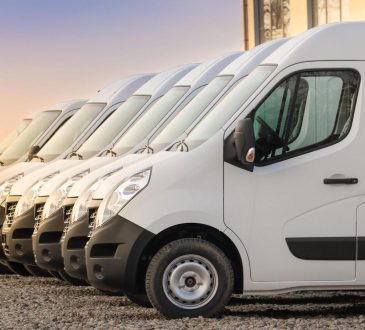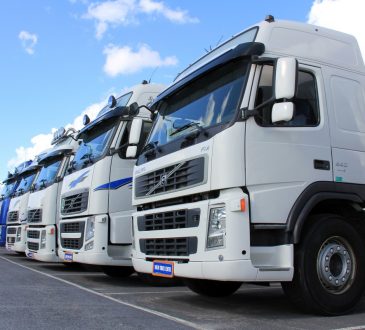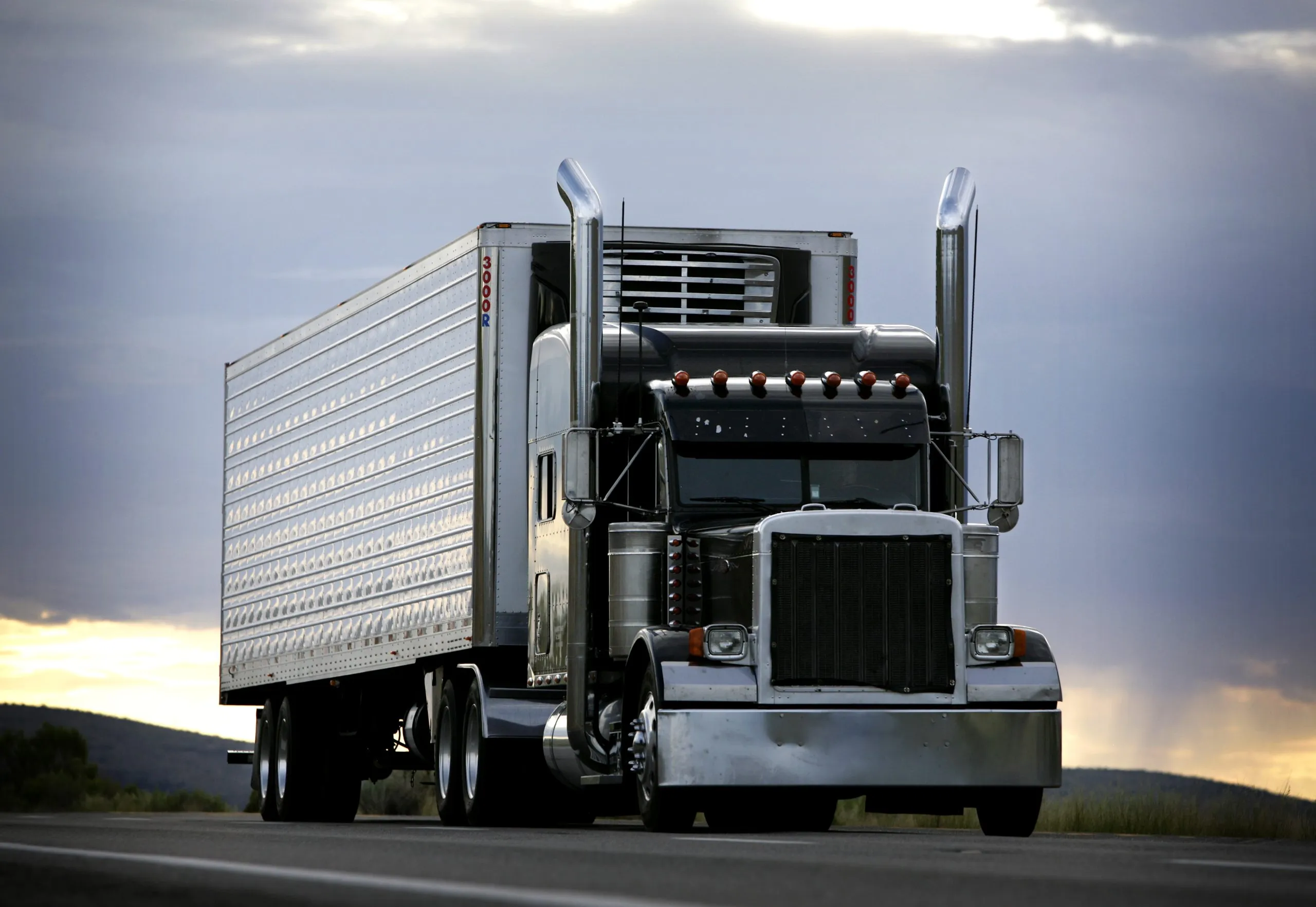
Truckers have choices when it comes to the kinds of jobs they take. One of those choices involves flatbedding. A flatbed trucker specializes in loads carried on flatbed trailers. Their loads could be just about anything that does not fit very well in the back of a dry goods van, refrigerated van, or tanker trailer.
Experienced truckers could tell you that flatbed work is significantly more labor-intensive. Where a dry goods van can quickly be hooked up and hauled away, the truck driver has to supervise the loading and securing of flatbed cargo. He or she has to tie down the load using straps, winches, and chains, and sometimes loads have to be covered with tarps as well. All the time spent on loading and cargo control is time the wheels are not moving.
Given that truck drivers are paid by the mile, why would some be so committed to running flatbeds only? Why do some truck drivers never go back to dry goods vans after their first or second flatbed experience? Ask those questions online and you are sure to get many different answers. The top five are listed below.
1. Flatbedding Offers Higher Pay
Flatbed truckers have the luxury of being able to charge higher rates because of the extra work and responsibility involved. At the start of a driver’s flatbed career, that extra money may not amount to much after all the extra labor is accounted for. But things quickly change.
With experience and practice a driver learns how to be as efficient as possible with loading, cargo control, and unloading. An experienced flatbed driver knows how to keep the extra labor to a minimum, thereby maximizing the amount he or she earns. In the end, the best flatbed drivers earn more over the long haul.
2. Ample Cargo to Carry
The nature of flatbed trucking really defines what trailers carry. Loads include everything from construction materials to heavy equipment to machinery. Moreover, there is more than enough cargo to be carried. Flatbed truckers routinely comment about how there is ample work to keep them rolling. This is especially important to independent truckers who are always thinking one load ahead.
3. Less Deadheading with Flatbeds
The owner-operator’s worst fear is spending so much time deadheading that making a good living remains out of reach. Truckers who run flatbeds exclusively are in a better position because there is less risk of deadheading. With some good contacts and a reliable dispatcher, the trucker can deliver one load and immediately pick up the next one at the same yard or close by. That keeps the wheels moving and the paycheck growing.
4. Flatbed Truckers Love Challenges
Among the many things to love about flatbed trucking are the challenges it offers. No two loads are the same, that’s for sure. Truckers have the opportunity to haul all sorts of things they would never experience with a dry goods van. For some of them, job satisfaction comes with conquering the most challenging loads.
5. Lower Operating Costs
Quite a few career flatbed truckers came to flatbedding from car hauling. As such, transitioning to flatbed trucking has meant lower costs for trailer maintenance and cargo insurance. Those lower costs translate into higher earnings as less money is being put into the trucker’s version of overhead.
It is true that flatbed truck drivers are subject to more manual labor due to cargo control. But there are some drivers who would never do anything else. They love the higher pay, ample supply of work, challenges, and lower cost of flatbed trucking.




